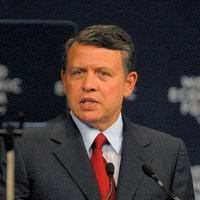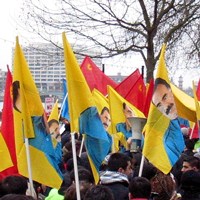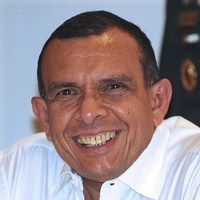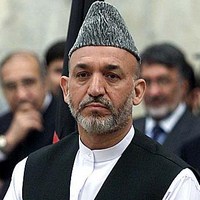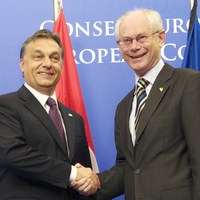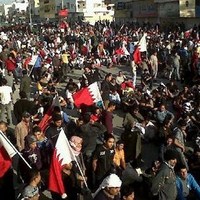
Last week, at least 32 people were killed amid violence between Buddhists and Muslims in the town of Meiktila in central Myanmar, according to the state news media. It took several days for the military to restore calm. Jason Paul Abbott, Aung San Suu Kyi endowed chair and director at the University of Louisville’s Center for Asian Democracy, told Trend Lines that the events, in particular the military’s lack of haste in intervening to halt the violence, are indicative of the country’s broader power struggle over the ongoing reform process. Myanmar is currently undergoing a transition to civilian government after […]

